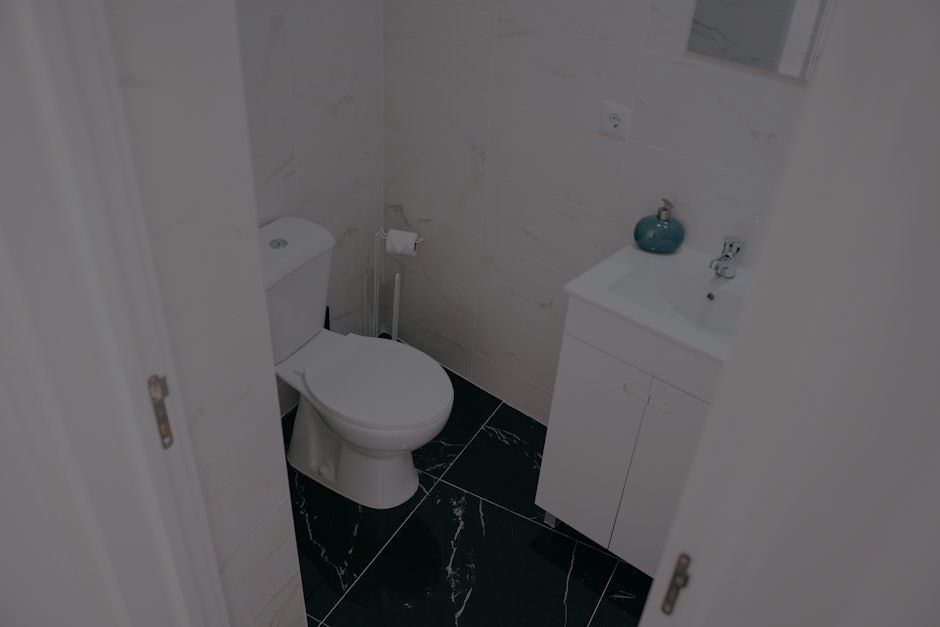**Abstract:** Discover effective feng shui tips to maximize small spaces, transforming compact living areas into harmonious and inviting environments that promote well-being and productivity.
Understanding Feng Shui in Small Spaces
Feng Shui is an ancient practice that emphasizes the arrangement of space to enhance energy flow. In small living areas, it becomes crucial to create a balanced environment that fosters positivity and tranquility. By understanding the principles of feng shui, you can transform your compact space into a sanctuary that reflects your personality while promoting harmony.
Clutter Control: The First Step to Harmony
Clutter is a significant barrier to achieving good feng shui. In compact living areas, it’s essential to maintain a clean and organized environment. Start by decluttering your space, removing items that no longer serve a purpose or bring joy. Utilize storage solutions that blend seamlessly into your decor, such as under-bed storage or multifunctional furniture. This practice not only enhances the flow of energy but also creates a sense of calm, making your small space feel larger and more inviting.
Color Schemes: Choosing the Right Palette
Colors play a vital role in feng shui, influencing mood and energy levels. For small spaces, opt for light and neutral colors to create an illusion of openness. Soft whites, pale blues, and gentle greens can make a compact area feel airy and spacious. Incorporate pops of color through accessories, such as cushions or artwork, to add personality without overwhelming the space. Remember, the goal is to foster a serene atmosphere that encourages relaxation and creativity.
Furniture Arrangement: Enhancing Energy Flow
The arrangement of furniture is crucial in feng shui. In small spaces, it’s important to position furniture in a way that allows for easy movement and promotes positive energy flow. Avoid placing large pieces in direct pathways; instead, create cozy nooks that encourage conversation and connection. Use round tables and soft edges to promote harmony, and ensure that seating is arranged to face each other, fostering interaction and engagement.
Incorporating Nature: The Power of Plants
Bringing nature indoors is a key element of feng shui. Plants not only purify the air but also enhance the energy of a space. In compact areas, choose low-maintenance plants like succulents or small potted herbs that can thrive in limited sunlight. Place them strategically near windows or on shelves to create a vibrant atmosphere. The presence of greenery can uplift your spirits, making your small space feel more alive and inviting.
Light and Air: Creating a Bright Environment
Natural light and fresh air are essential for good feng shui. In small living areas, maximize sunlight by keeping windows unobstructed and using light, sheer curtains. Consider adding mirrors to reflect light and create the illusion of depth. Ensure proper ventilation to maintain a healthy atmosphere; open windows regularly to let in fresh air and clear stagnant energy. Bright and airy spaces foster clarity and positivity, essential for a balanced environment.
Personal Touches: Infusing Your Space with Energy
Finally, personalize your small space with meaningful items that resonate with you. Whether it’s family photos, travel souvenirs, or cherished artwork, these elements contribute to the positive energy of your home. However, be mindful of the number of items you display; too many can lead to clutter. Choose a few key pieces that inspire joy and reflect your unique style, creating a space that feels authentically yours.
By implementing these feng shui tips for small spaces, you can create a harmonious environment that promotes well-being and enhances your daily life. Embrace the art of living well in compact areas, and watch as your space transforms into a sanctuary of peace and positivity.










